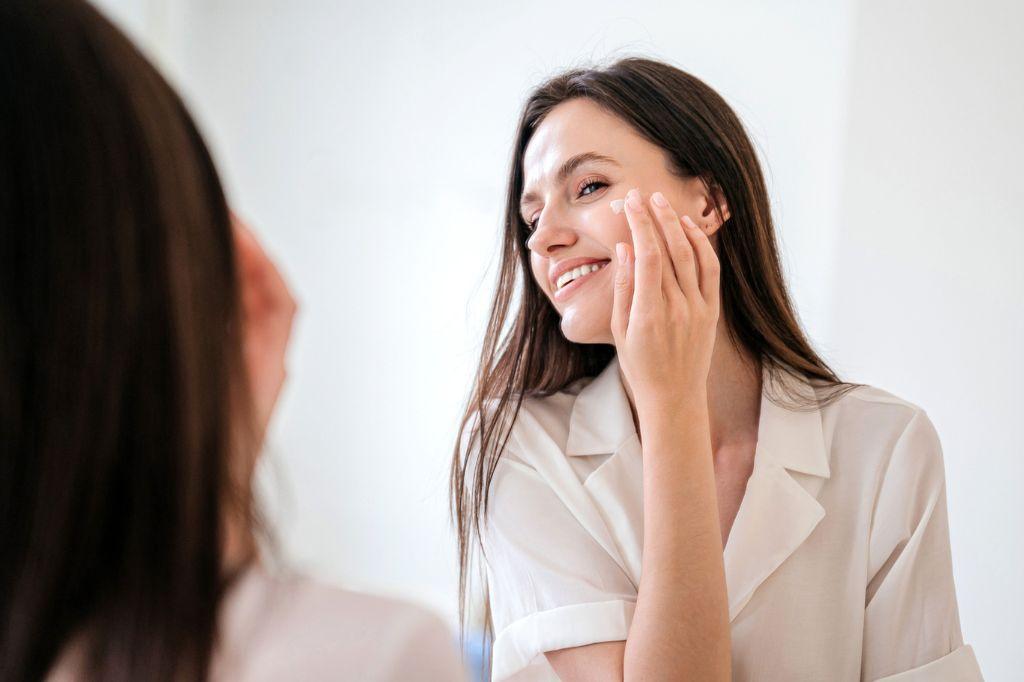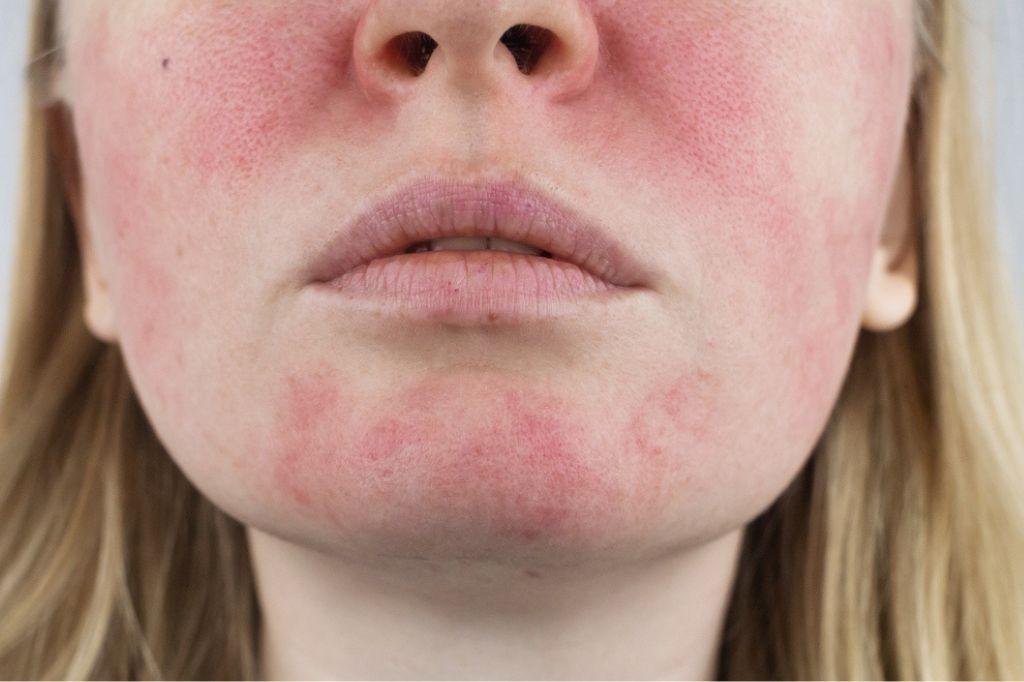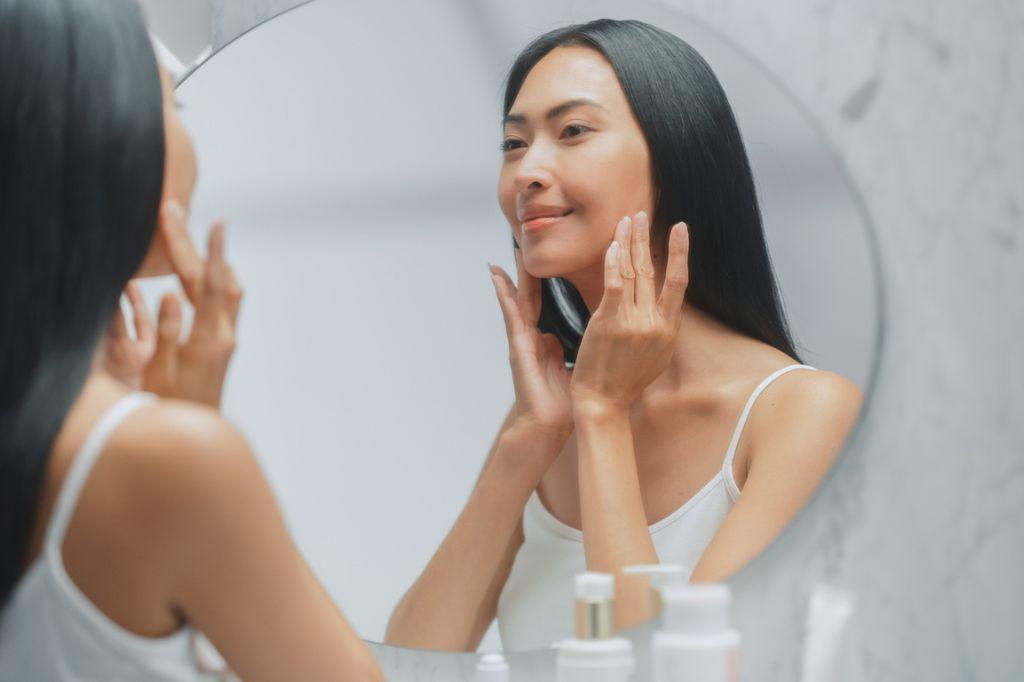Shielding Your Skin: How to Prevent Skin Cancer
Skin cancer poses a significant risk to individuals of all ages and backgrounds. It is one of the most common groups of cancers diagnosed worldwide. Protecting your skin is not just a summer concern but a year-round commitment. This guide offers practical and effective strategies to help you understand how to prevent skin cancer, blending scientific insights with everyday habits.
Understanding Skin Cancer
Skin cancer occurs when mutations arise in the skin cells, often due to UV radiation, leading to uncontrolled cell growth. Understanding what skin cancer is and why it’s a concern is the first step in preventing it.
Types of Skin Cancer
There are several types of skin cancer, each with distinctive features and levels of severity. Basal Cell Carcinoma, the most common type, often appears as a slightly transparent bump on sun-exposed skin. Squamous Cell Carcinoma typically manifests in sun-exposed areas, either as a firm, red nodule or a flat lesion with a scaly crust. On the more dangerous end of the spectrum, we find Melanoma. This form of skin cancer is characterized by a change in existing moles or the development of new, unusual-looking growths. If you notice any of these signs, it is essential to consult a dermatologist for further evaluation and management.
Risk Factors for Skin Cancer
Several factors may increase your chances of developing skin cancer. Understanding these risk factors can facilitate proactive skin cancer prevention measures, helping you preserve your skin’s health.
Excessive Sun Exposure
The sun’s harmful UV radiation is a primary factor in instigating skin cancer. This involves not only the duration but also the intensity of sun exposure. Individuals who spend prolonged periods in environments with strong sunlight are at a higher risk.
History of Sunburns
Experiencing severe sunburns, especially during childhood, can significantly increase the risk of skin cancer later in life. Each episode of sunburn can cause substantial damage to the skin cells, compounding over time.
Skin Type
People with fair skin, which has less melanin, are more susceptible to skin cancer. Melanin provides some protection against harmful UV radiation, and its deficiency makes fair-skinned individuals more vulnerable.
Family History
Genetics also plays a pivotal role in skin cancer susceptibility. If you have a family history of skin cancer, it may increase your risk, signifying the importance of regular skin check-ups and diligent sun protection.
How to Prevent Skin Cancer
Adopting these preventive measures may significantly lower your risk of developing skin cancer.
Sunscreen: Your First Line of Defense
Whether it’s a hot summer’s day or a chilly winter afternoon, wearing sunscreen is paramount. Sunscreen creates a barrier between your skin and harmful UV radiation, lowering the risk of cellular mutations that may lead to skin cancer.
To make sun protection an effortless habit, dermatologists recommend integrating it into your skincare routine by choosing a sunscreen with SPF 30 or higher. Reapply every two hours or immediately after swimming or sweating.
Protective Clothing and Accessories
In addition to sunscreen, protective clothing and accessories play a crucial role in shielding your skin from harmful UV radiation. Wearing a wide-brimmed hat can provide additional protection for your face and neck, while sunglasses with UV protection can safeguard the delicate skin around your eyes. Furthermore, using an umbrella or seeking shade can help reduce your skin’s exposure to direct sunlight and lower your risk of skin cancer.
Avoid Tanning Beds
Tanning beds emit UV radiation, making them just as harmful to your skin as the sun. Not only do tanning beds increase the risk of skin cancer, but they can also cause premature aging and other skin damage. It’s essential to avoid using tanning beds altogether and embrace your natural skin tone. Indoor tanning is linked to an increased risk of developing skin cancer, specifically squamous cell carcinoma by 58% and basal cell carcinoma by 24%.
Lifestyle Adjustments to Help Prevent Skin Cancer
In the fight against skin cancer, several lifestyle changes can make a significant difference. These adjustments are not just about being sun-smart but also about overall health and well-being.
Seek Shade
It is wise to seek shade whenever possible, especially during peak sunlight hours. This could mean utilizing an umbrella at the beach, choosing a shady spot for your picnic, or staying indoors during the hottest parts of the day.
Time Your Sun Exposure
Timing is everything regarding sun exposure. Try to avoid the sun when it’s at its strongest, usually between 10 am and 4 pm. If you must be out during these hours, ensure you’re adequately protected with sunscreen, a hat, sunglasses, and protective clothing.
Schedule Regular Skin Exams
Regular skin exams, both self-performed and professional, are crucial for the early detection of skin cancer. Familiarize yourself with the pattern of moles, blemishes, freckles, and other marks on your skin so you’re better equipped to notice any changes. In addition, schedule yearly appointments with a dermatologist for professional skin checks.
Prevent and Treat Skin Cancer at Academic Alliance in Dermatology
At Academic Alliance in Dermatology, we are dedicated to providing you with comprehensive care and the latest insights into skin health and skin cancer prevention. If you have concerns about skin cancer or wish to learn more about protecting your skin, our team is here to assist. Contact us today to schedule a consultation and embark on a journey to healthier, cancer-free skin.




